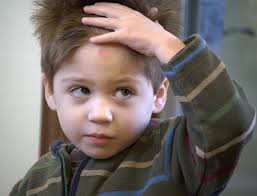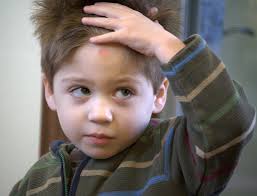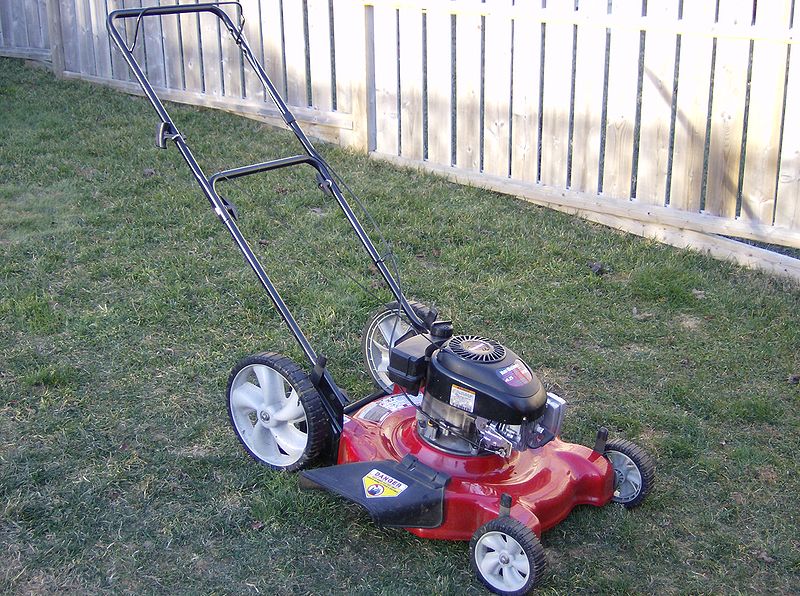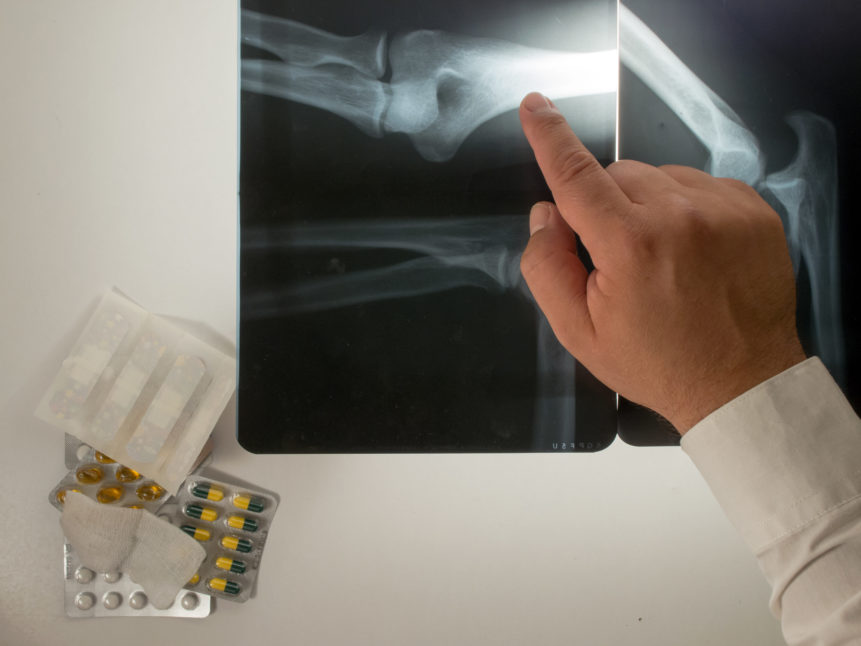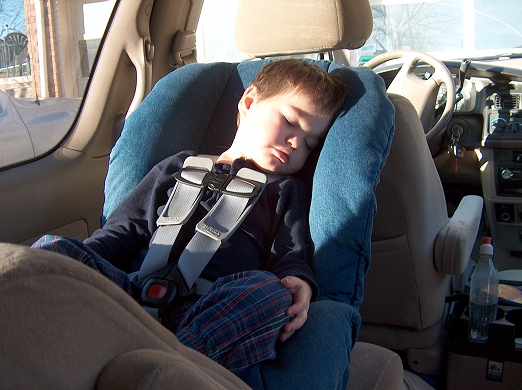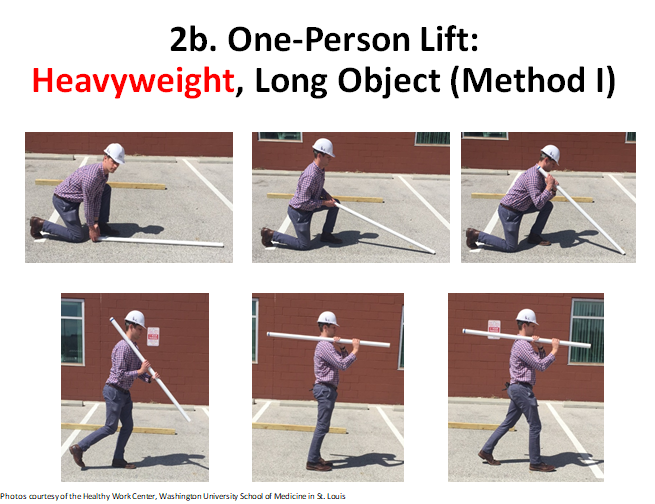Water related injuries and how to prevent them?
 As summer season is back, water related injuries and deaths are starting to increase. In New York, the underwater currents at Rockaway Beach are known to be dangerous and ever year people are seriously injured or died after drowning in the water at this location. This year on May 22nd, 24 year old Fidel Ramirez, went for a swim at Beach 91st street despite recommendations from Mayor de Blasio not to go in the water and drowned. He suffered critical drowning injuries and died at the hospital.
As summer season is back, water related injuries and deaths are starting to increase. In New York, the underwater currents at Rockaway Beach are known to be dangerous and ever year people are seriously injured or died after drowning in the water at this location. This year on May 22nd, 24 year old Fidel Ramirez, went for a swim at Beach 91st street despite recommendations from Mayor de Blasio not to go in the water and drowned. He suffered critical drowning injuries and died at the hospital.
Backyard pools might seem safer than the Rockaway beach especially with the actual Covid-19 pandemic, however they can be dangerous as well. Last Sunday 3 people died from drowning in a backyard pool in New Jersey.
 New York Personal Injury Attorneys Blog
New York Personal Injury Attorneys Blog


